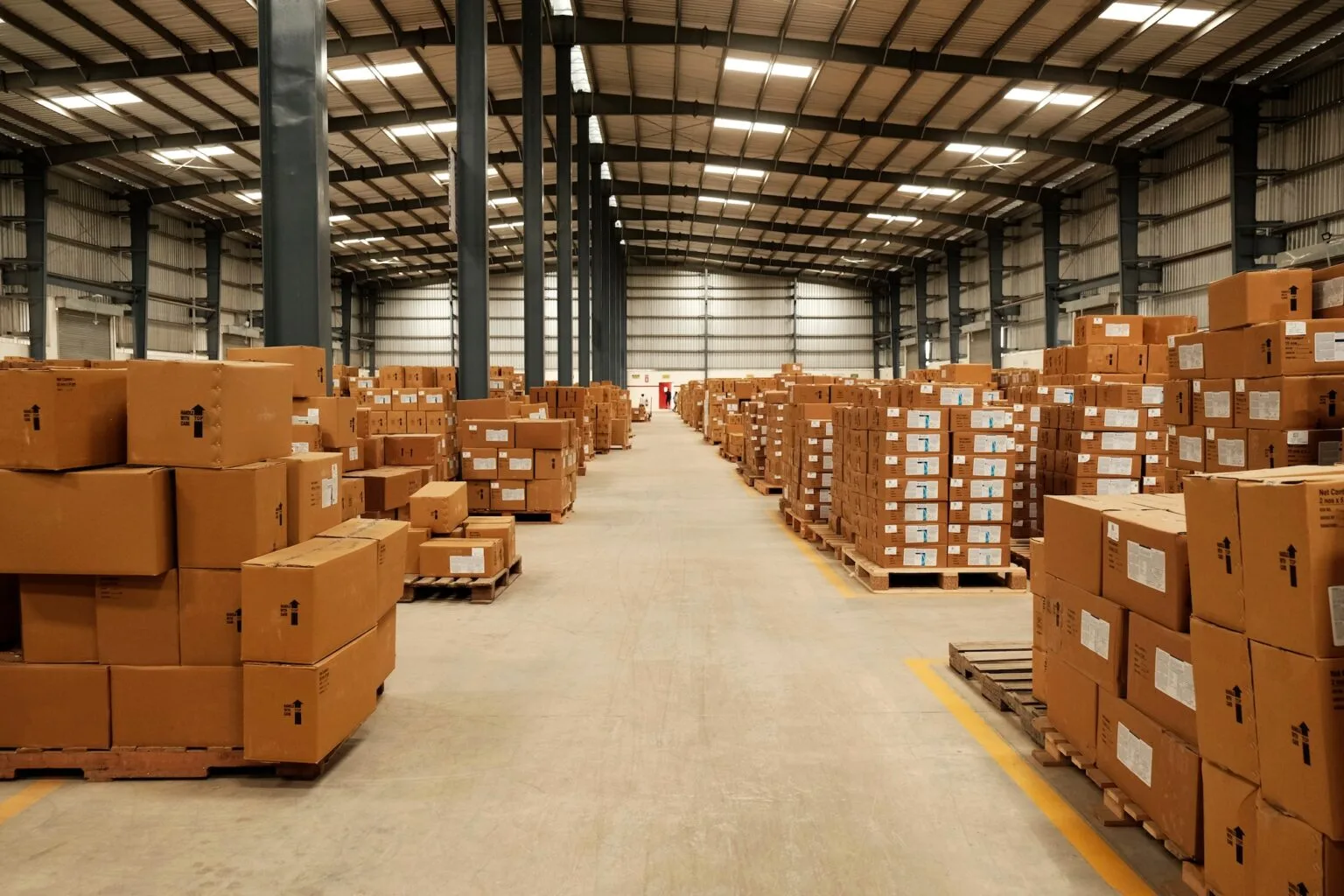India’s Growing Influence in Global Logistics
In the evolving landscape of global supply chains, logistics plays a crucial role in ensuring efficient movement and storage of goods. The Asia-Pacific (APAC) logistics sector is experiencing notable changes, with India emerging as a key player. Recent insights suggest that despite an overall decline in APAC logistics rents, India has seen an impressive increase. This divergence indicates significant trends in warehouse demand, manufacturing activities, and freight operations.
Shifting Dynamics of Logistics Rents in APAC
The Asia-Pacific Logistics Highlights report for the first half of 2025 by Knight Frank outlines a remarkable transformation in the regional logistics performance. Specifically, average logistics rents across APAC saw a year-on-year dip of 0.4%, marking the first decline since 2020. Contrastingly, India bucked this trend with a substantial 3.4% rise in rents. This phenomenon suggests a burgeoning demand for warehousing, attributed to manufacturing upswing and shifting freight flows, hence reshaping air cargo strategies.
Understanding the Logistics Growth in India
Several factors contribute to India’s burgeoning logistics market. The S&P Global Manufacturing Purchasing Managers’ Index (PMI) reported an impressive uptick, reaching a 14-month high of 58.4 in June 2025. This surge reflects robust factory output and a record increase in employment, indicating a flourishing environment for logistics stakeholders. Knight Frank’s report attributes this manufacturing rebound to sustained warehouse usage, drastically increasing rents by 1.3% since 2024.
Pressure on Air Cargo Infrastructure
As industries ramp up export volumes, particularly in automotive, electronics, pharmaceuticals, and textiles, India’s major airports such as Mumbai, Hyderabad, and Delhi are witnessing intensified usage of both bellyhold and freighter capacities. The International Air Transport Association (IATA) notes that India’s international air cargo traffic grew by 6.9% year-on-year in Q2 2025, surpassing the global average of 5.3%. This growth directly correlates with India’s rising profile as a crucial logistics hub.
From China to India: The Changing Logistics Landscape
As reshuffling takes place within APAC’s logistics framework, companies are reevaluating their operational strategies. Factors like impending tariff adjustments and longer supply chains have pushed many businesses to incorporate India into their logistics plans. Knight Frank highlights a trend where organizations are front-loading shipments in anticipation of tariff changes, especially in response to shifting US-China trade dynamics.
Future of Air Cargo Networks
Air cargo networks, which have traditionally revolved around hubs in Hong Kong, Guangzhou, and Shanghai, are now likely to expand towards Indian gateways. Freight forwarding data reveals a 3.1% annual rise in air cargo tonnage from India to the EU and the UK in H1 2025, while volumes from mainland China showed a decrease of 2.7%. This shift could signify a lasting transformation in air cargo routes.
Strategic Opportunities for Occupiers in India
While demand for warehouse space grows, India’s logistics vacancy rates are subtly increasing due to new supply surge. This development opens avenues for air cargo operators to explore cold chain warehousing, bonded storage, and last-mile distribution for goods that demand specific handling like pharmaceuticals and perishables. There’s a pressing need for agile logistics solutions, seamlessly integrating infrastructure with operational capacities.
Reconfiguration of Logistics Strategies
The trend towards more resilient, localized supply chains is marking a strategic reconfiguration of logistics portfolios in India. Proximity to ports and multimodal transit options is vital in this reassessment. Tim Armstrong, Global Head of Occupier Strategy at Knight Frank, emphasizes the importance of aligning logistics infrastructure with operational functions while ensuring that air cargo providers adapt their routing and consolidation strategies accordingly.
New Airport Developments Post-2025
As new airports like Jewar and Navi Mumbai International Airport begin operations, the air cargo capacity in India is set for unprecedented growth. Such developments pave the way for enhanced cross-border e-commerce logistics, increasing the appeal for businesses looking to streamline their supply chains.
Key Takeaways in Logistics
The air cargo landscape in India is at a pivotal juncture, influencing global logistics trends. As supply chains continue to adapt, the imperative for innovative logistics solutions becomes more pronounced. While the conveniences of air transport are evident, understanding the underlying dynamics is essential for stakeholders. One thing is clear: even the most highly regarded insights can’t truly match personal experiences in this fast-paced sector.
As you navigate through the intricacies of cargo transportation, GetTransport.com offers reliable, affordable solutions that meet a variety of shipping needs—from small parcels to hefty relocations. Offering versatility in transportation coupled with transparency and convenience, the platform is your go-to for managing logistics effectively, ensuring you’re never left in the lurch.
Planning Your Next Cargo Transportation
Evaluating how developments in the logistics sector influence global dynamics, it’s crucial to stay informed about these changes. By aligning with trends, logistics organizations can capitalize on fasting-growing markets like India. For efficient and seamless cargo transportation solutions, consider the reliability and convenience of GetTransport.com.
The landscape of logistics is evolving rapidly, and with it, opportunities abound for businesses to streamline their operations globally. Ultimately, embracing these trends will set the foundation for future success, offering pathways to efficient, cost-effective solutions. Rezervă-ți cursa la GetTransport.com.

 Tendințe emergente în logistica din India, pe măsură ce piața APAC se schimbă">
Tendințe emergente în logistica din India, pe măsură ce piața APAC se schimbă">